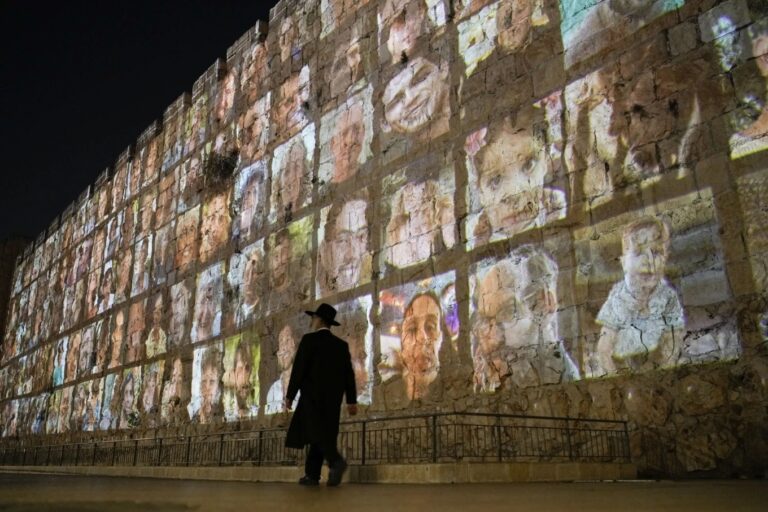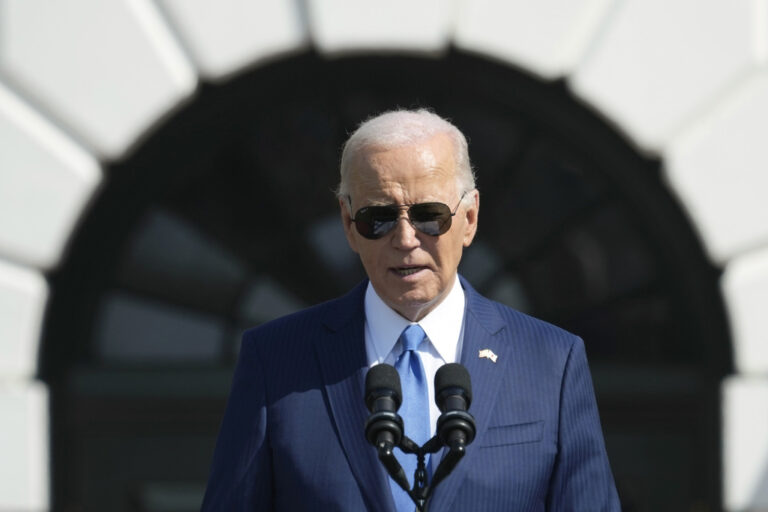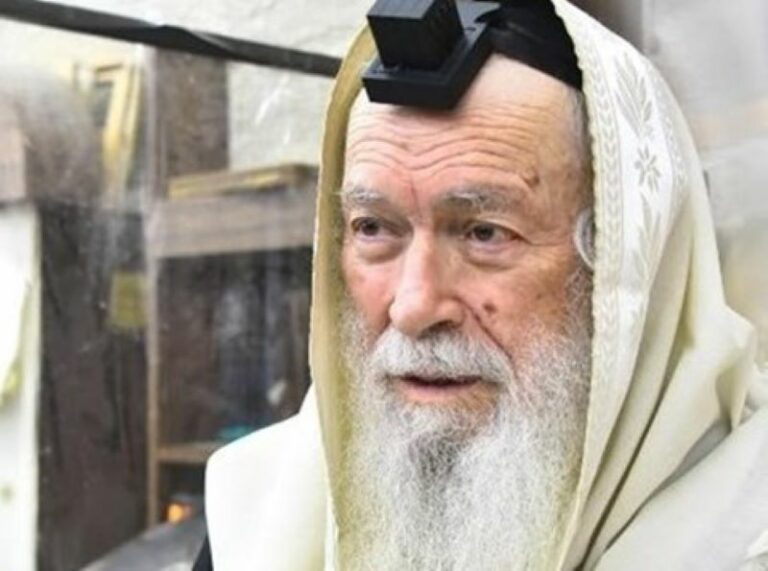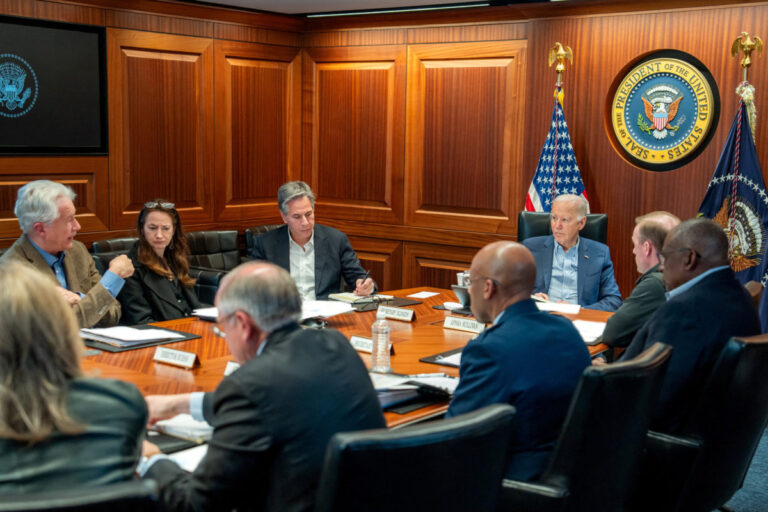 Rodney King, the black motorist whose 1991 videotaped beating by Los Angeles police officers was the touchstone for one of the most destructive race riots in the nation’s history, died Sunday. He was 47.
Rodney King, the black motorist whose 1991 videotaped beating by Los Angeles police officers was the touchstone for one of the most destructive race riots in the nation’s history, died Sunday. He was 47.
King’s fiancé called 911 at 5:25 a.m. to report she found him at the bottom of the swimming pool at their home in Rialto, Calif., police Lt. Dean Hardin said.
Officers arrived to find King unresponsive in the water, Hardin said. He was transported to Arrowhead Regional Hospital, where he was pronounced dead at 6:11 a.m.
There were no signs of foul play, Hardin said. The San Bernardino County coroner will perform an autopsy within 48 hours. Police in Rialto will investigate King’s death as a drowning, according to TMZ.
The 1992 riots, which were set off by the acquittals of the officers who beat King, lasted three days and left 55 people dead, more than 2,000 injured and swaths of Los Angeles on fire. At the height of the violence, King pleaded on television: “Can we all get along?”
King was stopped for speeding on a darkened street on March 3, 1991. Four Los Angeles police officers hit him more than 50 times with their batons, kicked him and shot him with stun guns.
A man who had quietly stepped outside his home to observe the commotion videotaped most of it and turned a copy over to a TV station. It was played over and over for the following year, inflaming racial tensions across the country.
It seemed that the videotape would be the key evidence to a guilty verdict against the officers, whose trial was moved to the predominantly white suburb of Simi Valley, Calif. Instead, on April 29, 1992, a jury with no black members acquitted three of the officers; a mistrial was declared for a fourth.
Violence erupted immediately, starting in South Los Angeles.
Police, seemingly caught off-guard, were quickly outnumbered by rioters and retreated. As the uprising spread to the city’s Koreatown area, shop owners armed themselves and engaged in running gun battles with looters.
During the riots, a white truck driver named Reginald Denny was pulled by several black men from his cab and beaten almost to death. He required surgery to repair his shattered skull, reset his jaw and put one eye back into its socket.






4 Responses
Oh I’ll never forget those riots, it shook us as a nation.
Four Los Angeles police officers hit him more than 50 times with their batons, kicked him and shot him with stun guns.
And still he got up and charged them, again and again. Which is why two juries concluded that they were 100% justified. The second jury, under tremendous pressure to find somebody guilty of something, concluded that the beating should have ended 6 blows earlier.
It seemed that the videotape would be the key evidence to a guilty verdict against the officers,
On the contrary, the video tape was the most powerful evidence that they were doing the right thing. The whole tape, that is, not the few seconds that the media kept playing over and over, irresponsibly giving the impression that 1) the whole episode looked like that, and 2) there was no reason for them to be hitting him.
Milhouse: Stop. The jury didn’t find the cops “100% justified,” only that there was reasonable doubt.
As for the second jury being “under tremendous pressure,” one has to ask what that pressure could be. There isn’t a lot of leverage against jurors.
As for the evidence, the cops were wrong. There lack of good tactics was only compensated for by their excessive use of force (BTW, I worked the streets and studied police tactics).
The bottom line here is that it’s better to let sleeping dogs lie. Mr. King passed away. RIP.
Shlomo2, the verdict was clear. Everything the cops did until he stopped fighting them was justified. When he stopped fighting, three cops stopped hitting him immediately, while one struck him six more times before noticing. The federal only convicted that cop and his supervisor; and the judge explicitly said that this meant the sentence could only reflect those last six blows, because everything before it was justified.
And if you don’t understand what pressure the jurors were under you either weren’t paying attention or you’re not being honest. The jurors knew that if they acquitted all the defendants there would be another riot, and they would be pilloried by everyone from the governor and mayor to the national press. They would be public enemy #1, and they might even be lynched. That’s a lot of pressure to stand up to in the name of doing the right thing. They couldn’t bring themselves to convict completely innocent cops, so they looked for anything, however slight, that they could use to justify at least one conviction.
The fact remains that King was up to no good, he led the police on a very high-speed chase, and then fought them with an endurance and ferocity that spoke of PCP or some similar drug. The police had to subdue him, and they did so in the only reasonable way they had.